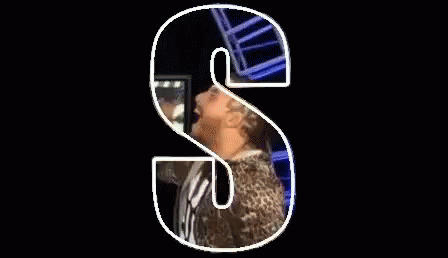IT HAS TAKEN months to get here. Months of waiting, for Joel Embiid to play, for him not to play, for him to decide what, if anything, he wants to say about a season that once seemed so full of promise.
We're in his piano room. He's leaning back on a couch that seemed spacious until he eased his long body onto it. He's wearing a matching set -- pinstriped shorts and a camp collar shirt. His son, Arthur, peeks around corners from the hallway to see what we're up to. His wife, Anne de Paula, is upstairs preparing for her birthday celebration that evening. Decorations are being arranged in his dining room. It's the end of March, nine days before the knee surgery that will have a lot to say about Embiid's basketball fate.
He used to have fun with interviews. Before he ever played a game in the NBA, while he spent two years on the shelf rehabbing from surgeries to his right foot in the summers of 2014 and 2015, he was a media darling, both wry fabulist and helpless confessor.
But not after this past year. These days, he's wary, a little distracted by the Phillies game he's watching on his phone. I wonder if he might politely show me the door. We make small talk for a bit. He looks bored.
He does this with new people -- gives little of himself, pretends not to watch while he weighs and measures.
I ask if we can start, on the record. He agrees.
Embiid has many reasons to call this off. He thinks explaining himself will be distorted into defending himself, which will be caricatured as complaining. And look around -- his second child, a daughter, is on the way. His parents are taken care of. His family is secure for generations. He's an inspiration in Cameroon.
We're inside his lavish stone colonial, a mansion that sits perched atop a gently sloping hill in the Philadelphia suburbs. The hand towels in at least one of his 11 bathrooms are monogrammed with his initials -- what does he have to complain about?
"I care about how I'm going to be remembered when it comes to basketball, but not as a man," Embiid says. "As a man, you can't tell me nothing."
We're a few feet from each other, and I find myself edging forward in my chair to hear him. His voice is so small it seems to emphasize his other dimensions. This is the inward, solitary Joel Embiid, known by very few.
His friends are protective, verging on paranoid. They see Embiid as he sees himself, as someone beset on all sides. Which is to say, they love him on his terms.
"When you have his trust, it's kind of intoxicating," one says. "It's like you just penetrated this force field that nobody gets to be in."
So I ask him right away, "Who do you trust?"
"Hmm," Embiid says, seconds of silence passing by. "I mean, uhh."
He looks at me, a sharpening of his attention seems to ask: What do you think you know?
"I've never been the one to have a lot of friends," he says finally. "And even then, with the ones that I consider close, I never try to go deep into anything."
"Why?" I ask.
"A quiet family. Dad, extremely quiet. Mom, quiet too. ... From the moment that I was really young, you could never really open up about anything."
He expects me to understand. We're both from the same part of the world, neighboring countries in West and Central Africa. We run through our short diaspora litany together: Beatings. Demanding fathers. Mothers more than their match.
What it is to be loved by such people: "You know they love you. ... But it is not all love like, 'Come here and give me a hug.' That's not happening. I never got any of that."
The need to defend them: "The way I was raised is also one of the main reasons why I'm here."
The need to renounce them, too: "The way I was raised is not the way I'm raising my kids."
Maybe it's the background we share. Maybe it's because he started therapy in the fall. Maybe it's the six months he has spent in the basketball void -- his fans on the verge of mutiny, his relationship with the 76ers shot through with strife, the late prime of his career interrupted by a lost season at 31 years old, just as he seemed to attain the full flowering of his brilliance -- maybe now he needsto talk.


